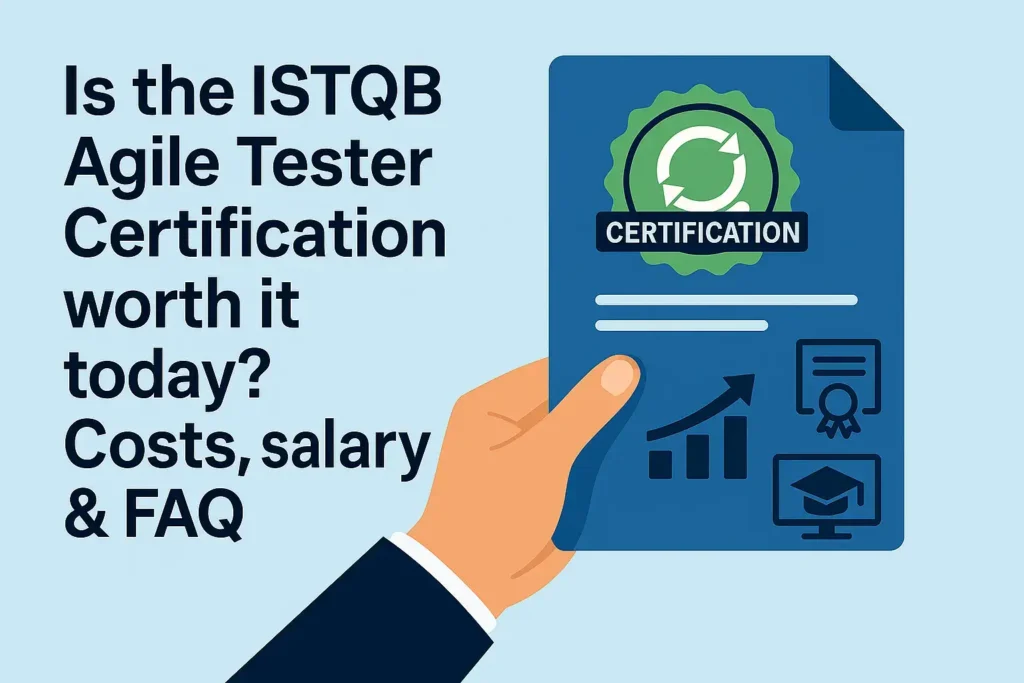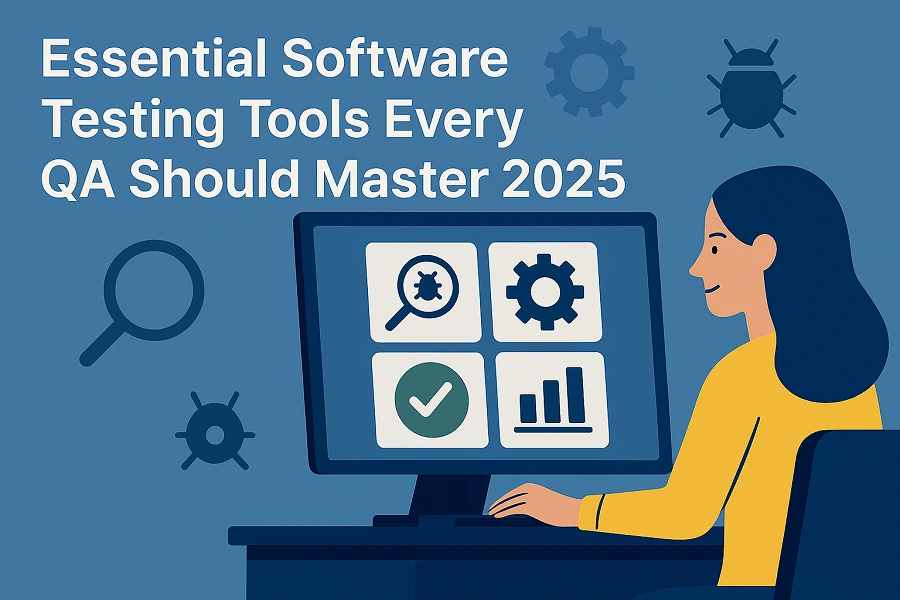In 2025, software testing is more than finding bugs — it’s about ensuring speed, reliability, and quality across complex systems. To achieve this, QA professionals must master essential tools that streamline automation, performance testing, and continuous integration. The right tools not only improve testing efficiency but also enhance your career prospects in a rapidly evolving tech world.
Top Tools by Category
1. Automation Testing Tools
Automation is at the heart of modern QA. These tools help testers run faster, more accurate test cycles.
- Selenium: A powerful open-source tool for automating web applications across browsers.
- Cypress: A fast, developer-friendly end-to-end testing framework for modern web apps.
- Playwright: A next-generation tool that supports testing across Chromium, Firefox, and WebKit with robust APIs.
2. Performance Testing Tools
Performance testing ensures applications run smoothly under heavy loads and stress.
- Apache JMeter: Open-source and widely used for load testing and performance analysis.
- LoadRunner: Enterprise-grade tool that simulates real-world user activity to measure performance.
3. API Testing Tool
APIs form the backbone of modern applications. Testing them ensures system reliability and integration.
- Postman: A user-friendly tool for API development, testing, and automation, supporting REST and GraphQL APIs.
4. CI/CD Integration Tools
Continuous Integration and Continuous Deployment (CI/CD) tools help teams automate build and testing pipelines.
- Jenkins: An open-source automation server that integrates testing with the development workflow.
5. Cloud Testing Tools
With cloud-based infrastructure, testers can perform cross-browser and cross-device testing easily.
- LambdaTest: A cloud-based platform for manual and automated browser testing.
- BrowserStack: Enables real-time testing on a wide range of browsers and devices without local setup.
How to Learn These Tools Quickly
- Start with official documentation and video tutorials for hands-on experience.
- Enroll in online QA and automation courses that include lab practice.
- Work on small projects or contribute to open-source testing frameworks.
- Join QA communities to exchange knowledge, tips, and challenges.
Conclusion: Start with Free Resources and Practice Projects
Mastering essential QA tools is key to staying relevant in 2025. Begin with free tools like Selenium, Postman, and JMeter, then move to advanced platforms like LambdaTest or Jenkins. Consistent learning and hands-on practice will help you become a highly skilled, future-ready software tester capable of tackling modern testing challenges.





